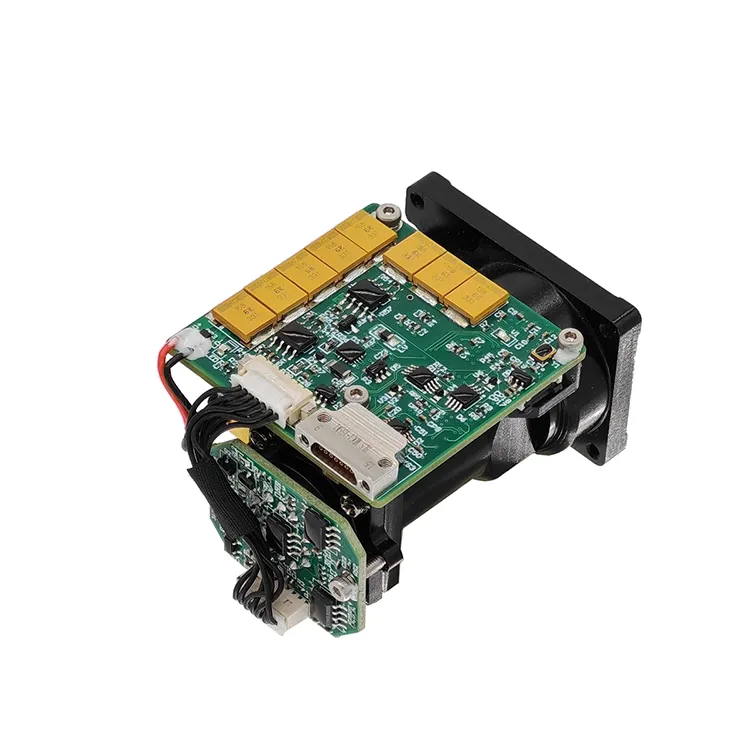
When I first joined Jioptik, I was deeply involved in developing precision components for our Laser Rangefinder Module systems. Over the years, one of the most impressive innovations I’ve witnessed is the use of Braided Copper Tube in modern engineering.
View More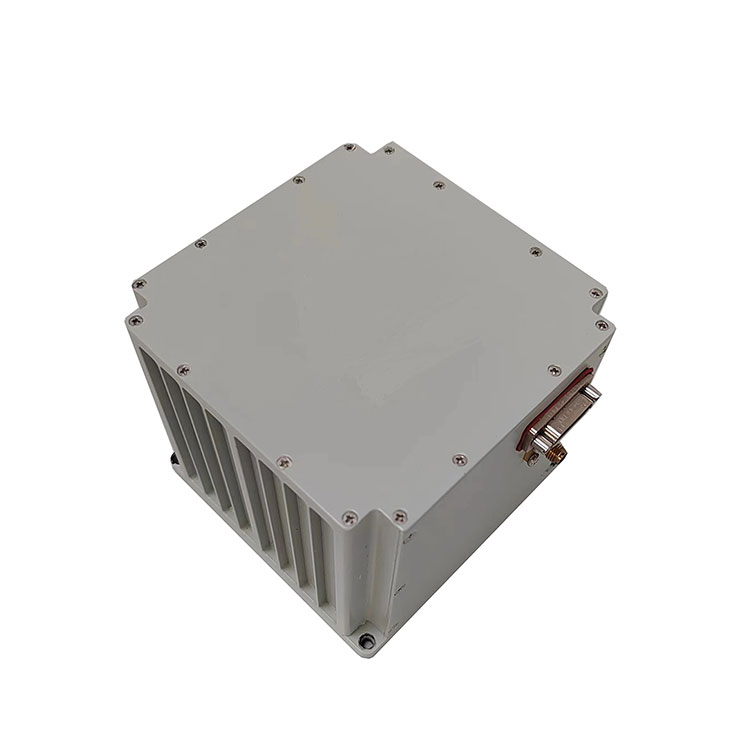
In the demanding world of precise navigation and stabilization, the technology you rely on can mean the difference between success and failure. For decades, engineers and system integrators have sought solutions that offer unparalleled accuracy without the mechanical frailties of traditional spinning-wheel gyros. The answer lies in a groundbreaking technology that has become the industry standard for high-performance applications: the Fiber Optic Gyroscope (FOG).
View More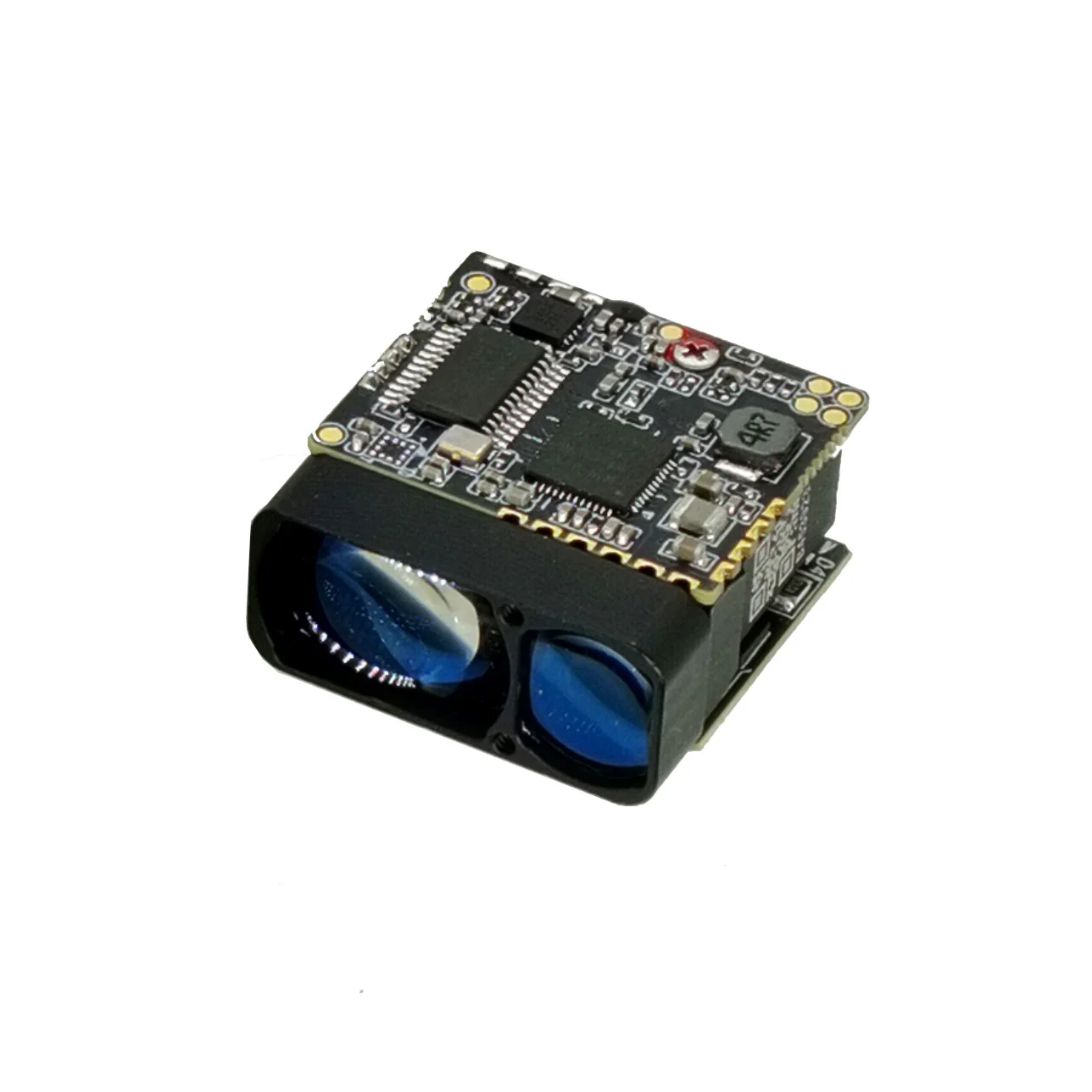
Looking for a precise way to measure distances in robotics, surveying, or automation projects? A Laser Rangefinder Module provides high-accuracy distance measurement, rapid response times, and compact design. This article answers all the key questions about this essential device: what it is, how it works, why it's indispensable, and what makes Shenzhen Jioptik Technology Co., Ltd. a leading supplier. Explore product parameters, application insights, and FAQs for an informed purchasing decision.
View More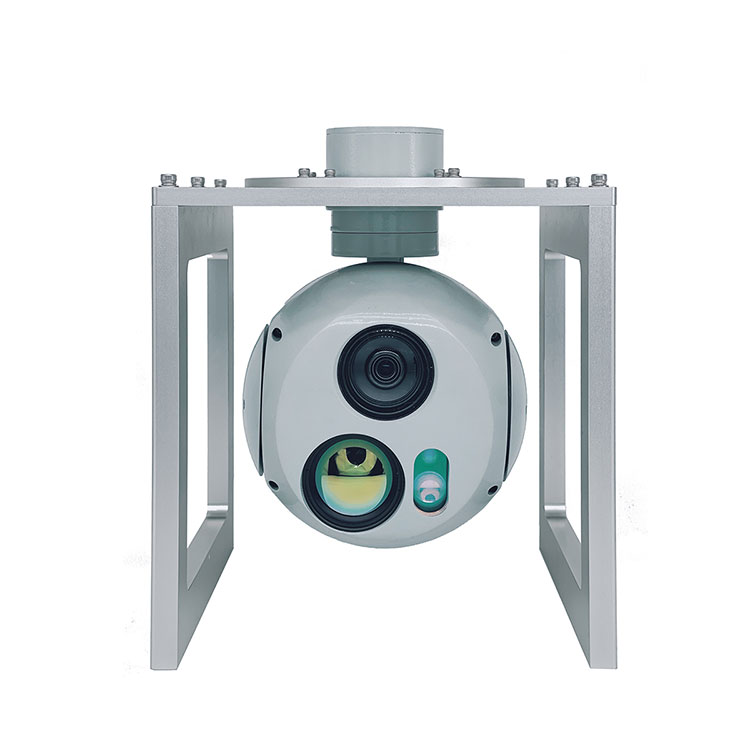
Optical Pods are compact, precision-engineered optical systems designed to deliver accurate measurement, inspection, and alignment capabilities in a variety of industrial and scientific applications. These advanced instruments integrate cutting-edge optical components such as lenses, beam splitters, sensors, and laser sources into a single modular unit—offering an all-in-one solution for optical performance in limited spaces.
View More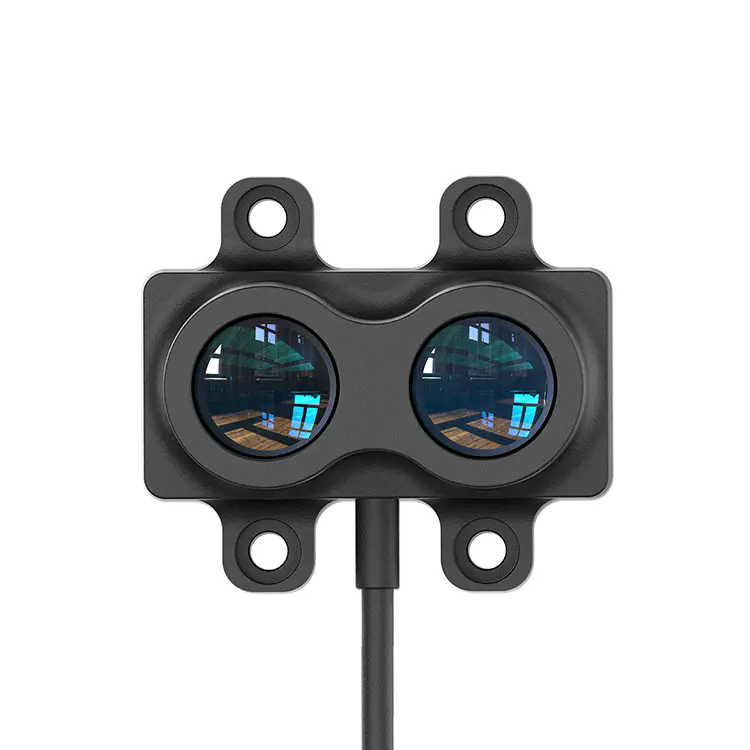
TOF (Time-of-Flight) Range LiDAR is a sensing technology that measures distances by emitting a laser pulse, timing its return after reflection, and converting that time-of-flight into precise range data. Unlike scanning LiDAR that sweeps a beam across a scene, TOF LiDAR can operate in a more direct, often solid-state or flash manner, enabling fast 3D depth imaging. The central message of this article is that the latest generation of TOF Range LiDAR products—featuring high accuracy, extended range, low power consumption, and robust performance in complex environments—represent a compelling solution for applications in autonomous driving, robotics, industrial automation, and smart infrastructure.
View More